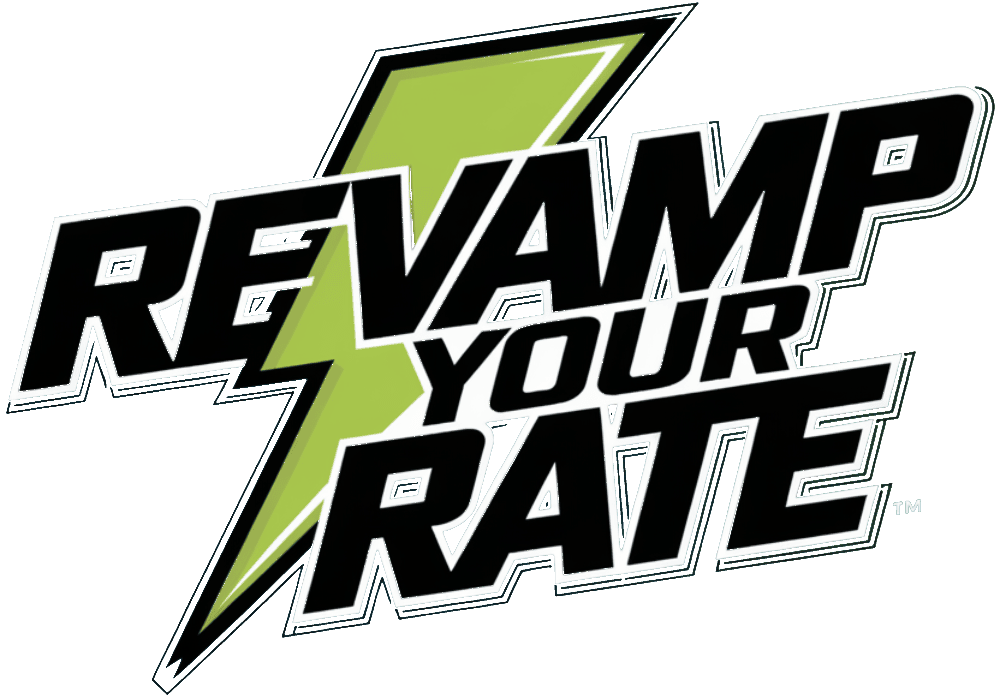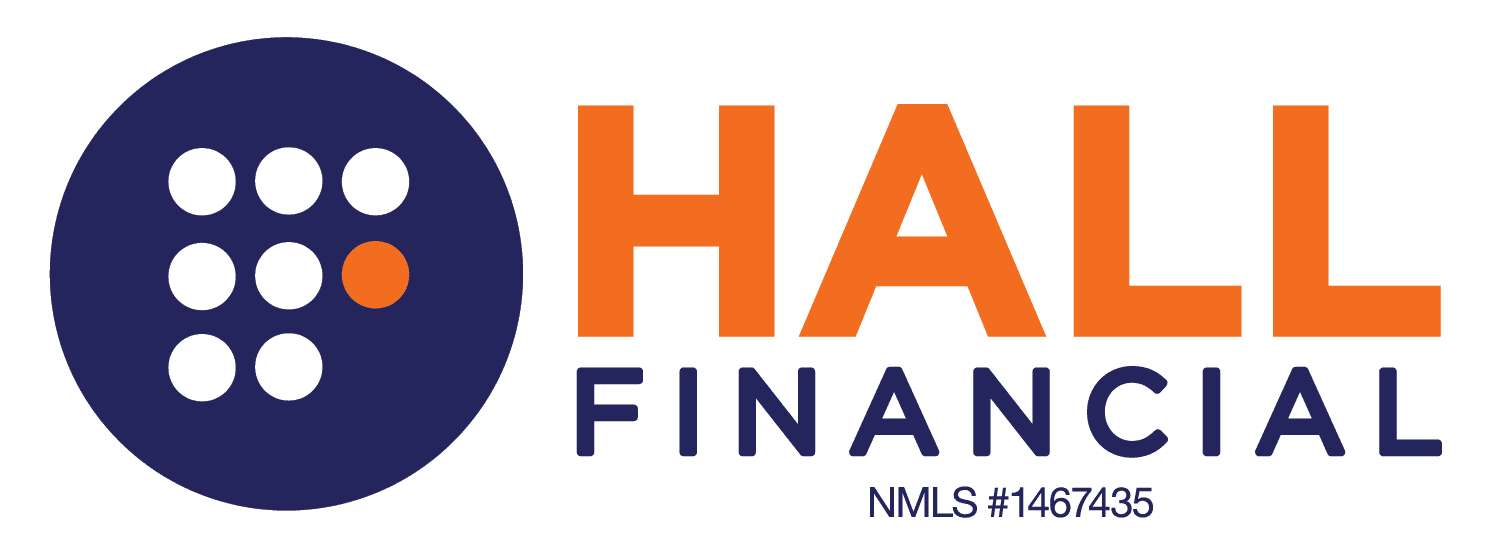The FHA cash-out refinance program offers homeowners a strategic way to tap into their home equity and lower their mortgage payments.
Designed for those with existing FHA loans, this refinancing option allows borrowers to convert their equity into cash while possibly securing a lower interest rate.
Whether you’re looking to pay off high-interest debt, fund home improvements, or simply gain access to cash, understanding how the FHA cash-out refinance works can empower you to make informed financial decisions.
Benefits:
- Available everywhere except HI, NY, & DC.
- Expert guidance to navigate complex financial decisions.
- Fast, efficient process from application to closing.
- Flexible loan options to fit every lifestyle.
- Personalized support every step of the way.
Benefits:
- Lending in MI, OH, TN, FL, CO, MN, & PA
- Quick responses, so you’re never left waiting.
- Loan Options designed to fit your financial goals.
- Simple Application Process with Clear Communication
- Over 7,000 Five Star Reviews
What is an FHA Cash-Out Refinance?
The FHA cash-out refinance program is specifically designed to help homeowners leverage their home equity.
By refinancing your existing FHA loan, you can take out a new mortgage that exceeds the amount owed on your current mortgage.
This extra cash can be used for various purposes, such as consolidating debt or funding home renovations.
The FHA cash-out refi is particularly beneficial for those with significant home equity, as it allows access to funds without selling the property.
Understanding this program’s specific eligibility requirements and limitations is essential to ensure it meets your financial needs.
How does an FHA cash-out refinance work?
An FHA cash-out refinance allows homeowners to refinance their existing mortgage for a larger amount than what is currently owed.
The difference between the new and remaining mortgage amounts is disbursed to the homeowner in cash.
This process involves applying for a new FHA loan, which can provide a lower interest rate than the existing mortgage. The cash received can be used to pay off high-interest debts, finance home improvements, or cover other expenses.
Homeowners should also know that the new mortgage will include FHA mortgage insurance premiums, which can affect their monthly payments.
The difference between FHA cash-out refinance and conventional loans
The primary difference between an FHA cash-out refinance and a conventional loan is the eligibility requirements and the associated mortgage insurance.
FHA loans generally require lower credit scores and allow for higher debt-to-income ratios, making them accessible to a broader range of borrowers.
In contrast, conventional loans typically have stricter credit requirements and may require a larger down payment.
FHA loans require upfront mortgage insurance and monthly premiums, which can impact the overall cost of refinancing.
What are The Pros and Cons of an FHA Cash-Out Refinance?
Advantages of using an FHA cash-out refinance
- Ability to access cash while potentially securing a lower interest rate on your new mortgage. Homeowners can utilize this cash for various purposes, such as consolidating high-interest credit card debt or funding necessary home repairs.
- The program’s lenient credit score requirements make qualifying borrowers, especially those with less-than-perfect credit, easier.
- FHA cash-out refinance allows homeowners to convert their equity into cash without selling their property, providing greater financial flexibility and control over their finances.
Potential drawbacks of an FHA cash-out refinance
- The upfront mortgage insurance premium can increase the overall cost of the loan.
- Homeowners may find that their monthly mortgage payment increases due to the larger loan amount and the added mortgage insurance.
- The FHA cash-out refinance may not be the best option for those with minimal home equity, as the FHA loan limits typically limit the cash-out amount. Homeowners should carefully evaluate their financial situation before proceeding with this refinancing option.
Comparing FHA cash-out refinance vs traditional refinancing
When comparing FHA cash-out refinance options with traditional refinancing, it’s important to consider factors like eligibility requirements, interest rates, and mortgage insurance.
Traditional refinancing often requires higher credit scores and down payments, which may limit access for some borrowers.
On the other hand, FHA cash-out refinancing may provide more flexibility regarding credit qualifications and down payment requirements.
However, traditional loans usually do not require mortgage insurance once sufficient equity is built, whereas FHA loans continue to have mortgage insurance premiums throughout the life of the loan.
Understanding these differences can help homeowners make informed choices regarding their refinancing options.
What are The Requirements for an FHA Cash-Out Refinance?
To qualify for an FHA cash-out refinance, homeowners must meet specific eligibility criteria set by the FHA.
- The property must be the borrower’s primary residence, and they must have owned the home for at least six months.
- Borrowers should demonstrate a history of timely mortgage payments and have sufficient home equity, typically at least 20%.
- The FHA also requires that the new loan amount not exceed that area’s FHA loan limit.
Meeting these basic requirements ensures a smooth application process and successful refinancing.
Credit score considerations for FHA cash-out refinance
The credit score is a significant factor when applying for an FHA cash-out refinance.
While FHA loans are generally more lenient regarding credit scores than conventional loans, borrowers should aim for a minimum score 580 to qualify for the maximum loan-to-value ratio.
Those with scores between 500 and 579 may still qualify but must make a larger down payment.
Homeowners must review their credit reports and address any discrepancies before applying for a new mortgage. A higher credit score can lead to more favorable interest rates and terms.
Understanding refinance requirements for FHA loans
Beyond credit score and equity requirements, borrowers must provide documentation proving their income, employment, and existing mortgage balance.
The FHA also mandates that the current mortgage be at least 12 months old and that the borrower show that the refinance will benefit them financially, such as reducing monthly payments or accessing cash for expenses.
Current Refinance Rates for FHA Cash-Out Loans
Current refinance rates for FHA cash-out loans can vary significantly based on various market conditions and individual borrower profiles.
FHA cash-out refinance rates are often competitive compared to conventional loan rates, especially for borrowers with lower credit scores.
Rates may be influenced by broader economic factors such as inflation and the Federal Reserve’s monetary policy.
Homeowners interested in refinancing should monitor market trends and consider locking in rates when they are favorable to maximize their savings over the mortgage term.
Factors affecting FHA cash-out refinance rates
Several factors can affect FHA cash-out refinance rates, including the borrower’s credit score, the loan-to-value ratio, and the overall economic environment.
A higher credit score generally leads to lower interest rates, while a lower loan-to-value ratio can also contribute to more favorable terms.
Market conditions such as inflation, unemployment rates, and the Federal Reserve’s decisions on interest rates play a crucial role in determining refinance rates.
How to secure the best interest rate for your refinance
- Borrowers should improve their credit score by paying debt and ensuring timely payments.
- Comparing multiple lenders can also help identify the most competitive rates available.
- Considering the timing of the refinance is essential, as rates can fluctuate. Homeowners may benefit from locking in a rate when it is low, and they might consider points to buy down the interest rate.
- Working with a mortgage broker can provide valuable insights and access to better rates and terms.
What Can You Get From an FHA Cash-Out Refinance?
When considering an FHA cash-out refinance, understanding the potential loan amount you can access is crucial.
Typically, borrowers can refinance up to 80% of their home’s current value, allowing them to tap into substantial equity.
For example, if your home is worth $300,000, you can refinance for up to $240,000, depending on your existing mortgage balance. This includes covering the current mortgage and accessing additional cash for other financial needs.
It is essential to calculate your home equity accurately and understand how it influences the loan amount available through the FHA cash-out refinance program.
Utilizing cash for home improvements or debt consolidation
Utilizing cash obtained from an FHA cash-out refinance can be a smart financial strategy for homeowners.
Many choose to invest this cash into home improvements, enhancing the value of their property and improving their living conditions.
Others may consolidate high-interest debt, such as credit card balances, into a single, manageable monthly payment with a lower interest rate. This strategy simplifies financial management and can save money in the long run.
Understanding how to leverage the cash from your refinance effectively can lead to significant financial benefits and better overall financial health.
How cash-out refinancing can help your financial situation
Cash-out refinancing can significantly improve your financial situation by providing immediate access to cash while potentially lowering your monthly mortgage payment.
This can free up funds for essential expenses or investments that contribute to long-term financial stability.
Whether you use the cash for home repairs, debt consolidation, or other financial obligations, the flexibility offered by cash-out refinancing can help alleviate financial stress.
The new mortgage comes with a lower interest rate than your existing mortgage, which can lead to savings over time, making it a strategic financial move for homeowners looking to improve their circumstances.
How Does Cash-Out Refinancing Affect Your Monthly Mortgage Payment?
Cash-out refinancing can have significant implications for your monthly mortgage payment.
When you refinance for a larger amount to access cash, your new mortgage payment may increase due to the larger loan balance.
However, securing a lower interest rate than your current mortgage could offset some of the increase.
It’s essential to calculate the potential impact on your monthly budget and weigh the benefits of accessing cash against the changes in your mortgage payment.
Understanding these implications is crucial for making informed financial decisions regarding your refinancing options.
How FHA cash-out refinance impacts your mortgage insurance
FHA loans require both upfront and monthly mortgage insurance premiums, which can add to the total cost of your loan.
If your new loan amount exceeds 80% of the home’s value, you will continue to pay mortgage insurance premiums throughout the life of the loan.
This can affect your overall monthly payment, making it crucial to factor these costs into your budgeting.
When deciding on cash-out refinancing, homeowners should carefully evaluate their financial situation and consider the long-term implications of mortgage insurance.
Long-term effects on your existing mortgage
The long-term effects of cash-out refinancing on your existing mortgage can be significant.
Taking out a larger loan may extend the repayment period, which could lead to paying more interest over time. Additionally, if the new mortgage has a higher interest rate, this could affect the total cost of homeownership.
However, the long-term benefits may outweigh the costs if the cash is used wisely—for home improvements that increase property value or debt consolidation that improves financial stability.
Understanding these dynamics is essential for homeowners considering a cash-out refinance as part of their financial strategy.
Steps to Successfully Apply for an FHA Cash-Out Loan
Applying for an FHA cash-out refinance involves several key steps to ensure success.
- Assess your financial situation to determine how much equity you have and how much cash you need.
- Gather relevant documentation, such as income statements, tax returns, and proof of ownership, is essential for the application.
- Compare lenders to find the best rates and terms once the necessary paperwork is in order.
- Submit the application and work closely with the lender will help facilitate a smooth refinancing.
Documents needed for the FHA cash-out refinance program
To apply for the FHA cash-out refinance program, borrowers need to prepare a set of specific documents.
Key documents include recent pay stubs, tax returns from the past two years, and bank statements to verify income and assets.
Homeowners must also provide their mortgage details, including the loan balance and payment history.
Additionally, lenders may require a property appraisal to determine the home’s current market value.
Having these documents ready can streamline the application process and increase the chances of approval.
Tips for a Smooth Refinance Process
Ensuring a smooth refinance process requires careful planning and organization.
- Maintain open communication with your lender throughout the application process.
- Keep track of deadlines and required documentation can help prevent delays.
- Prepare for a home appraisal and ensure the property is in good condition to maximize value.
- Stay informed about market conditions to make timely decisions regarding locking in interest rates.
By following these tips, homeowners can navigate the FHA cash-out refinance process more effectively and achieve their financial goals.
Our advise is based on experience in the mortgage industry and we are dedicated to helping you achieve your goal of owning a home. We may receive compensation from partner banks when you view mortgage rates listed on our website.




